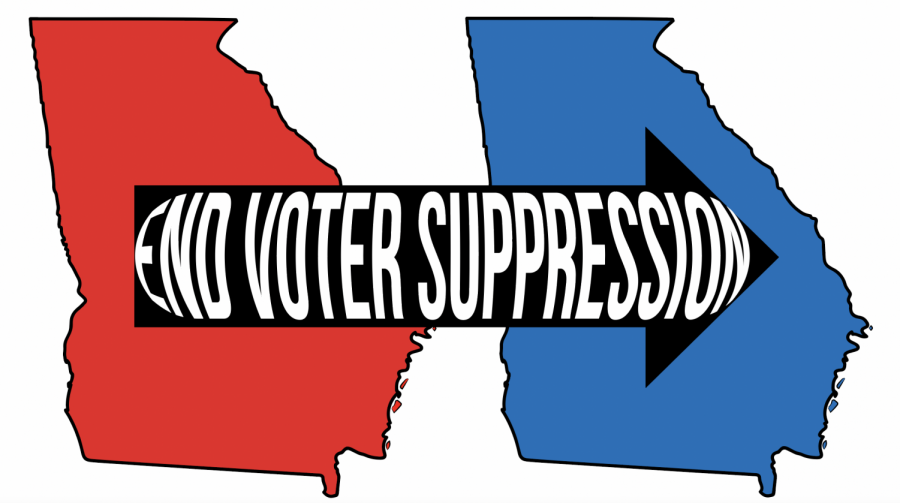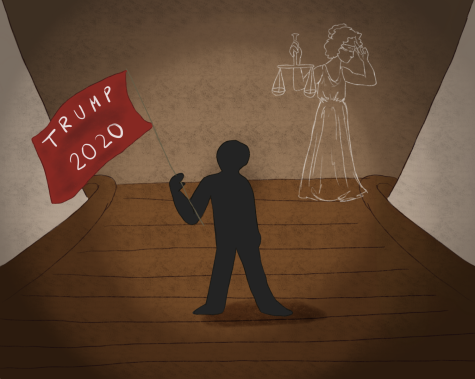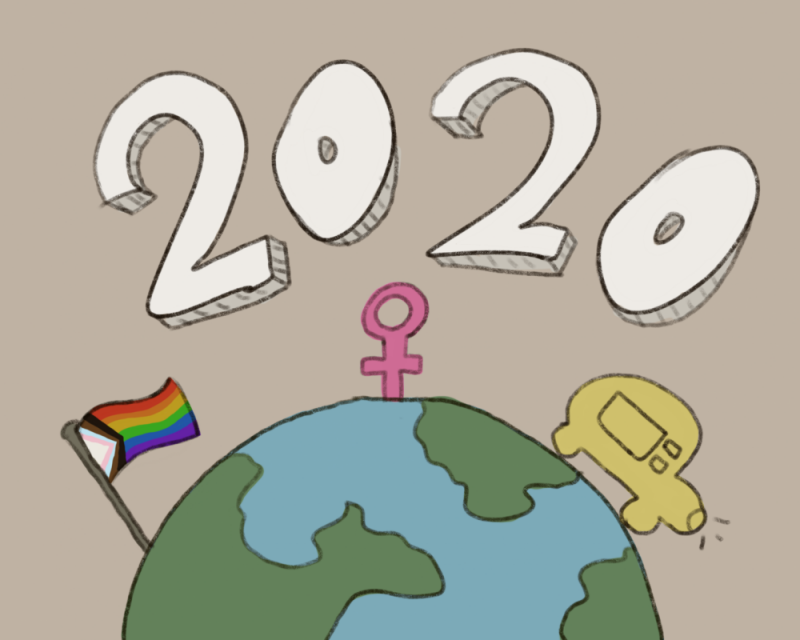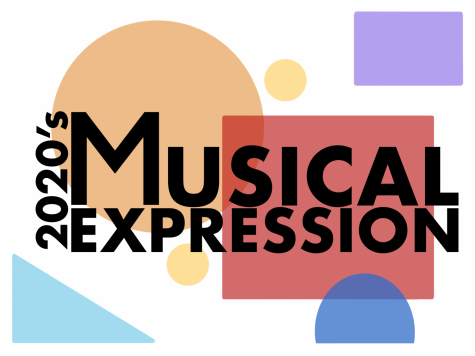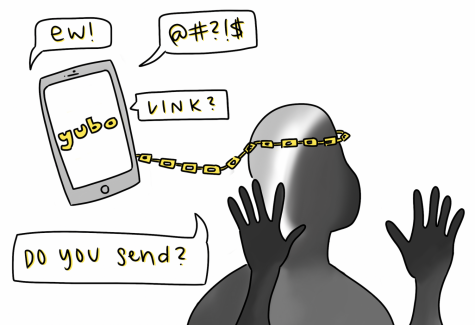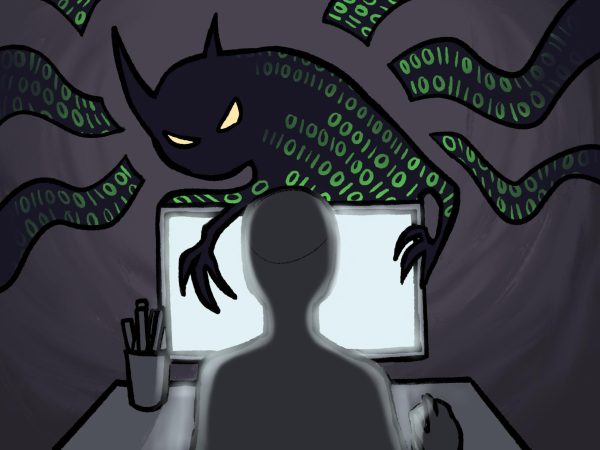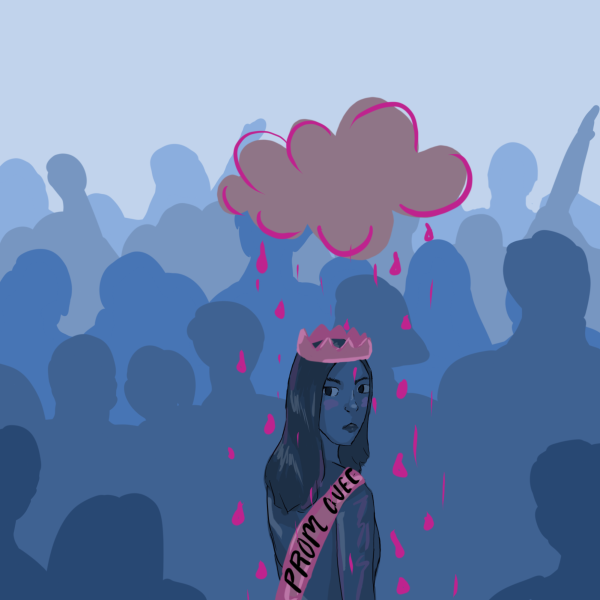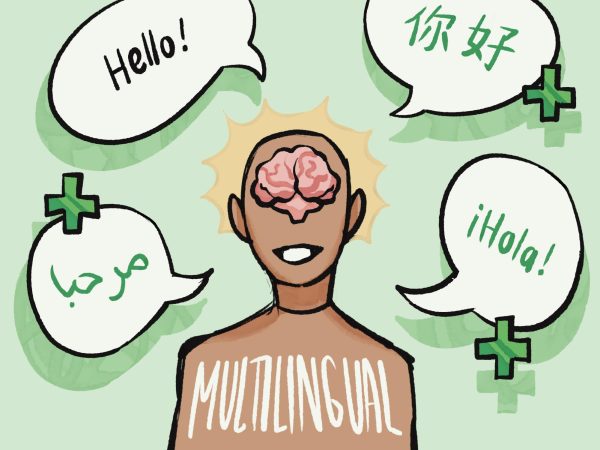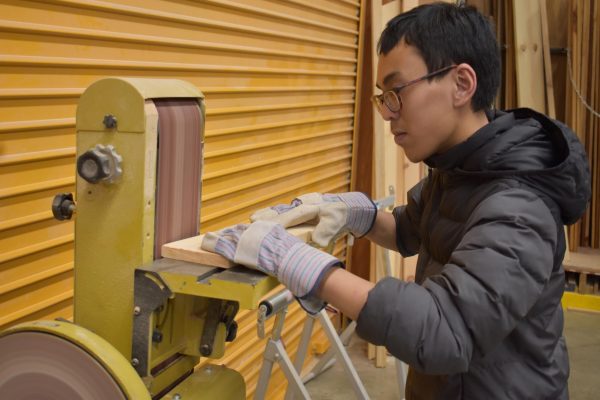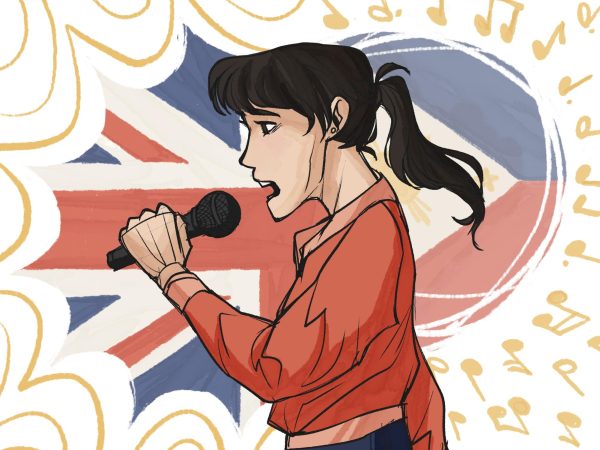OPINION: Southern states are not always true red states, but instead have spent years suppressing blue votes
Georgia has been a red state since 1992, but its recent blue victory shows it was probably due to disproportionate voter suppression.
Georgia made history on Wednesday, Jan. 6, 2021, in its runoff elections after electing Raphael Warnock and Jon Ossoff for U.S. Senate, giving Democrats control over the Senate. Georgia has been a red state since 1992, but these blue victories in the recent runoff elections were made possible through voters of color and high voter turnout despite the state’s history of suppressing voters and showed that voter suppression is the true problem, not the south.
Compared to other states, voter suppression is most prominent in the South according to The Guardian. Eighteen states in the U.S., the majority of which are southern states, require strict photo identification. In Georgia, there is an “exact match” system that requires names on government-issued identification and voter roll names to match precisely. If the names do not match, voters must undergo additional processes for verification. According to the Washington Post, 30 percent of legitimate voters were not precisely matched in a linked study of active voters in 2014 and 2015. In addition, the system disproportionately harms voters of color as they are less likely to match, as reported by the 2016 American National Election Study. These voting systems have created difficulty for numerous voters in the South, specifically voters of color who are more likely to vote Democratic, which proves that the South’s red states are products of voter suppression.
Historically, voter suppression has been used to deter and disenfranchise Black voters. Although the 15th Amendment granted African-American men the right to vote in 1870, exercising this right was immensely difficult as southern state legislatures used discriminatory qualifications, such as literacy tests and poll taxes, to disenfranchise numerous Black voters. Nearly a century later, the Civil Rights movement focused on protecting voting rights for African Americans, which resulted in the Voting Rights Act of 1965, granting both Black men and women the right to vote without such barriers.
Today, voter suppression still disproportionately affects Black voters, especially in the South. A form of voter suppression known as gerrymandering is used to give an unequal advantage to a political party by dividing election districts in the party’s favor. This is the main reason why voters of color have been disproportionately affected by voter suppression for years. Therefore, it further proves that southern states are not necessarily red states but have simply been suppressing blue votes for years.
Some may argue that methods such as photo identification or exact match are used to ensure and verify that all voters are legitimate, but they have done the opposite. Instead, these methods have disproportionately affected eligible voters of color and date back to discriminatory laws used to suppress voters of color.
The victories of Ossoff and Warnock for Senate in addition to becoming a blue state in the 2020 presidential election prove that voter suppression is what has kept southern states red for so long.
This victory was made possible due to high voter turnout, an increase in voters of color and the efforts of the former minority leader of Georgia’s state House, Stacey Abrams. Abrams focused on registering unregistered and infrequent voters and kept a focus on voters of color. This raised voter turnout and was significant for the Senate as 93 percent of Black voters supported Ossoff and Warnock.
Voter suppression seems to be an evident problem in America, but the solution is through voters. Georgia’s victories represent a reclaiming of democracy after years of it being stolen and can inspire a new generation of voters to continue to stand up against voter suppression.


